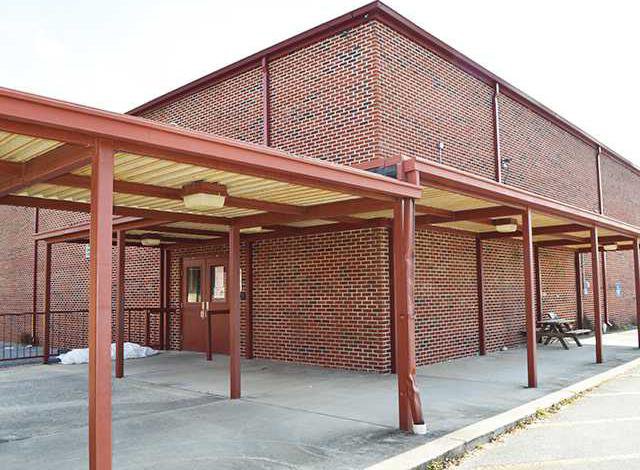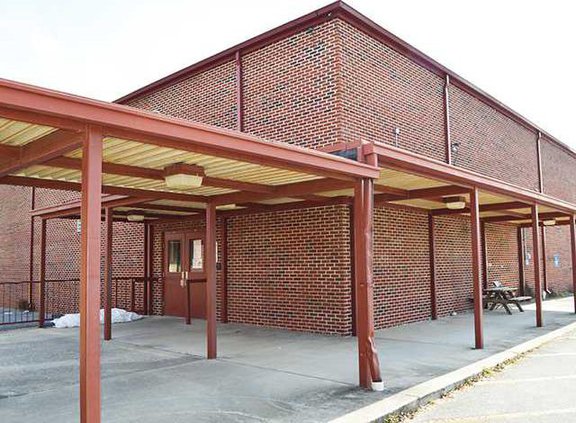After looking at different options since the last School Board meeting, architect Allen Hill of Upland Design Group presented an overall plan Thursday evening for West Elementary renovations.
The School Board is still attempting to evenly split the $6 million allotted by Warren County government between Bobby Ray and West Elementary.
During the presentation, Hill addressed the main points of concern moving forward, including constructing a new kitchen, cafeteria area and toilet space, and renovating the existing toilet area. Additionally, the existing kitchen would become a computer lab, the existing dining room would become the library and the existing library would be converted into a full-sized classroom.
“We think this scope of work is approximately $3 million so we could identify some significant alternates that if we do get good bids they might can be afforded depending on what the bidding climate is when we actually receive prices,” said Hill. “The main thing we were talking about taking off the table is not doing anything to the gymnasium at this time.”
After a brief silence, West Elementary principal Michelle Lewis spoke and asked the board to continue pushing for funds because West is the only school without a regulation-approved gym. She also reminded the board that gym funds came from a different budget for Bobby Ray.
“I’m sharing with Bobby Ray which is a little bit of a hardship and unfair to my kids,” explained Lewis. “They don’t have a home court advantage or a home court they can practice on. They don’t get to practice on a regulation court because they are trying to fit in practice time with Bobby Ray and it’s difficult.”
While looking at the PowerPoint slide with the overall scheme, School Board member Bill Zechman asked Hill, “So if we can’t afford what is in red right now, we are just not to have any improvement at all in the security situation, is that right?”
Answered Hill, “That’s correct because going the route of looking at a new kitchen-cafeteria that’s a large bite to swallow and it’s an either I’ve got to do it or not … I can’t do part of the plumbing, I either do it or not do it. This plan is more addressing capital maintenance needs.”
After deliberating on the safety and security of Bobby Ray and West students, the board discussed the viability of going back to the County Commission for more money after the election Aug. 2.
“If we get a good bid, nothing prohibits us from going back to the County Commission after that for other upgrades,” said Director of Schools Bobby Cox.
The board approved a motion to move forward with the plan by putting it out to bid.






